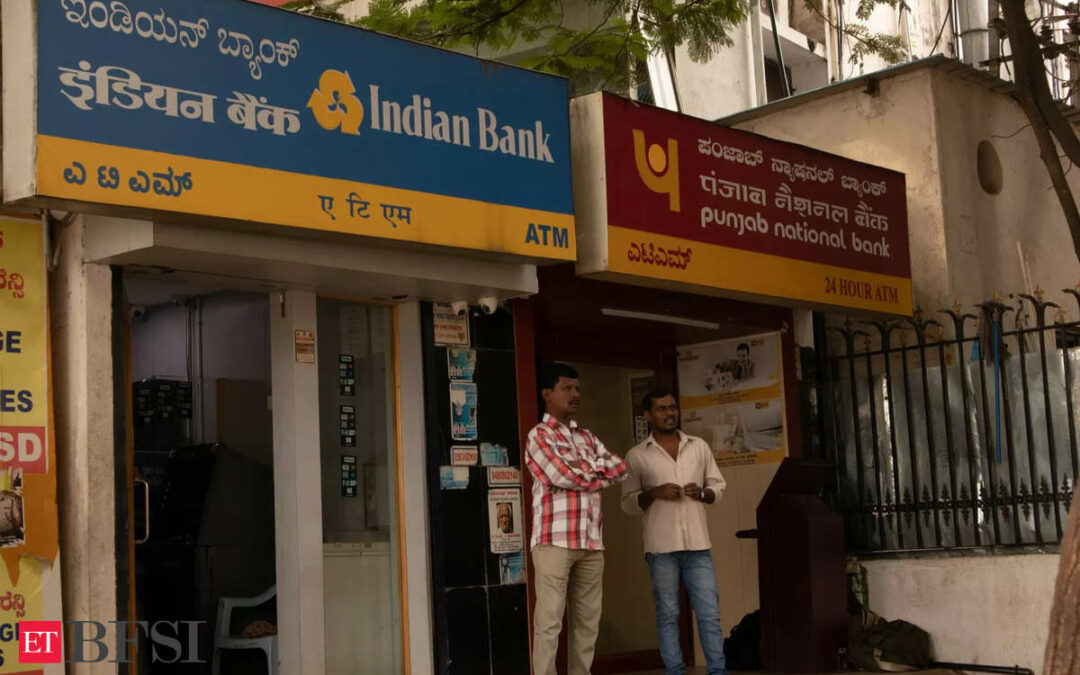Budget expectations: As we stand on the brink of a new fiscal year, the Reserve Bank of India (RBI) projects the Indian economy to grow by 7% in 2024, showcasing the resilience and dynamism of the economy. This growth trajectory is underpinned by the concerted efforts of stakeholders in the financial services industry.
For live Budget updates click here
The upcoming budget will be an interim budget rather than a full annual budget. The final budget is expected in June or July 2024 following the general elections in May 2024. Acknowledging uncertainties surrounding elections, the budget becomes a strategic pause that allows stakeholders to reassess and prepare for the unfolding landscape. Given this, the government could consider the following points:
Pioneering financial inclusion and credit cycle growth
The innovative banking landscape, driven by advancements in payments, small finance banks, and digital reforms, is at the core of India’s growth story. Collaboration amongst ecosystem participants, including regulators, banks, fintechs, and various other stakeholders, is crucial for strengthening the ecosystem. The regulatory framework aims to foster responsible growth independently, meticulously building Environmental, Social, and Governance (ESG) principles in its formulation.
India’s financial institutions have championed financial inclusion initiatives, creating momentum in banking service penetration. The next step is to further elevate digital inclusivity. Recognising the necessity for a unified vision, financial service providers are establishing “Digital Banking” committees. These committees seek to assess and improve digital inclusion for new and existing customers. They are comparable to the Policyholders Protection Committee under the Insurance Regulatory and Development Authority of India (IRDAI).
Digital transformation for responsible growth
Financial providers are driving the ongoing digital transformation that aims not just for growth but for responsible and sustainable progress. India is making technological advancements and creating a digital railroad. Banks and Non-Banking Financial Companies (NBFCs) are taking the lead in ensuring seamless cross-border payment systems.
Regulatory and tax relaxations are being considered to protect against fraud, ensure data privacy, and avoid tax leakage. Weighted tax deductions on infrastructure costs, research expenditures, and training institutions are potential avenues to encourage digital innovation. Simultaneously, a collaborative approach involving regulators, regulated entities, fintechs, and other stakeholders is paramount to cohesively integrating digital policies. This collaboration also extends to addressing the rising incidents of digital fraud and protecting customers who have recently adopted digital technologies.
Recognising the importance of data privacy norms, the industry is investing in robust digital infrastructure. The proposal for a consistent Know Your Customer (KYC) process across various financial products is a testament to the commitment to customer convenience. A unified KYC authentication process, guided by the RBI, seeks to reduce redundancy and enhance customer experience across various financial products.
IFSC-GIFT City: A global financial services hub
The International Financial Services Centre (IFSC) at Gujarat International Finance Tec-City (GIFT City) is an example of India’s ambitions to become a global financial leader. Flourishing in fields of banking, asset management, aircraft leasing, insurance, and reinsurance, IFSC-GIFT City is a beacon of success.
While tax considerations are part of the equation, the focus shifts to the global influence and partnerships emerging within IFSC-GIFT City. The city’s allure lies in its tax benefits and potential to attract and facilitate collaborations on a global scale. It is essential to strike a balance, acknowledging global players’ role while ensuring the sustained growth of the domestic financial ecosystem.
Post-election union budget anticipation
There is much anticipation as the budget expectations for the upcoming fiscal year take centre stage. The call for a clear and concise Indian capital gains tax regime reflects a collective desire for a vibrant and predictable investment landscape. Simplifying the tax structure, reducing the number of tax rates, and ensuring uniformity across different investor categories will boost investor confidence and keep Indian capital markets vibrant. Propelling activities in IFSC-GIFT City and overcoming stumbling blocks require a collaborative effort. As we look towards the future, the financial services sector calls for regulatory and tax relaxations to encourage technological innovation and fortify against fraud.
In conclusion, the budget expectations echo a collective vision of a vibrant and responsible financial landscape. The active collaboration amongst the RBI, regulated entities, fintechs, and other stakeholders sets the stage for a financial ecosystem that grows responsibly. With a focus on wider collaboration, ESG principles, customer awareness, digital infrastructure, and a measured approach to objectives, India charts a course for a future where the financial services industry achieves sustainable growth. As India moves forward, the journey towards becoming a global financial powerhouse is not without challenges, but with a positive and forward-looking approach. The possibilities are limitless.
(The author is a Partner and Financial Services Industry Leader at Deloitte India)
Budget FAQs
What is the projected growth rate of the Indian economy in 2024?
The Reserve Bank of India (RBI) projects the Indian economy to grow by 7% in 2024.
When can we expect the final budget for the fiscal year 2024?
The final budget is expected in June or July 2024 following the general elections in May 2024.
What are the key points the government could consider in the upcoming budget?
The government could consider pioneering financial inclusion and credit cycle growth, promoting digital transformation for responsible growth, focusing on IFSC-GIFT City as a global financial services hub, and addressing tax structure and regulatory relaxations.
What is the role of digital transformation in the financial services sector?
Digital transformation aims for responsible and sustainable progress in the financial services sector. It includes advancements in payments, cross-border payment systems, data privacy, digital infrastructure, and a unified Know Your Customer (KYC) process.
What is IFSC-GIFT City and its significance?
IFSC-GIFT City is the International Financial Services Centre at Gujarat International Finance Tec-City. It serves as a global financial hub and attracts collaborations and partnerships. Its tax benefits and potential for global influence make it an important player in the domestic financial ecosystem.










